I am reading audio samples from bluetooth headset in my android application. The bluetooth SCO works at 8KHz sampling frequency for Audio IN. But i need 16KHz audio samples from bluetooth headset, So i need to use upsampling.
I searched here and also in other websites regarding upsampling in Android, but no use. If anybody knows about predefined Java libraries for upsampling pleases answer to my question.

